Very few elections in Nigeria have been too close to call: Shehu Shagari and Obafemi Awolowo in 1979, Bashir Tofa and Moshood Abiola in 1993. Goodluck Jonathan and Muhammadu Buhari in 2015 looks headed for that path. In fact, of these three, this promises to be the most keenly contested.
Despite this obvious contest and predictable outcome, few people are considering the possibility of an inconclusive election, considering the provisions of the 1999 constitution as amended.
According Section 134 of the constitution, a candidate is considered a winner when he has the highest number of votes cast at the election, and not less than 25 percent of the votes cast in at least two-thirds of all the states in the federation and the federal capital territory, Abuja.
AWOLOWO-SHAGARI 1979 PRECEDENCE
Obafemi Awolowo, the first premier of the western region, and Shehu Shagari, former minister of finance and president, were very popular candidates. Like Jonathan, Awolowo was a southern Christian, while Shagari was a northern Muslim like Buhari.
Advertisement
Each was a force on his own, and the election was a close call. At the election in August 1979, Shagari polled 5,688,857 votes nationwide, while Awolowo had 4,916,651 votes. Ordinarily, one would say Shagari won the poll, but the constitution had more to say. For Shagari to be declared winner, he must have had “not less than one quarter (25 percent) of the votes cast at the election in each of at least two-thirds of all the states within the federation”.
Awolowo insisted Shagari did not have 25 percent of the expected two-thirds, saying two-thirds of 19 states was (12.6667) 13 states, which Shagari did not have. Shagari had at least 25 percent of votes cast in 12 states. In Kano, which was the 13th state, Shagari had 243,423 votes, equivalent to 19.4 percent of votes cast. However, the court ruled in favour of Shagari, effectively ruining Awolow’s chances of securing a runoff. Till date, many legal luminaries do not believe that Shagari was duly elected president in 1979.
THE BUHARI-JONATHAN REALITY
Nigeria no longer has 19 states, but 36 states and the federal capital territory (FCT). A winner this time would need a majority of votes cast and at least 25 percent of votes cast in 25 states, where FCT is considered the 37th state.
Advertisement
In 2011, Buhari had at least 25 percent of votes cast in just 17 states; this means a re-enactment of that scenario will at best fetch the ex-general a rerun – not an outright victory.
Jonathan had at least 25 percent in 34 states. If that happens again, he is victorious.
However, since 2011, so much has changed. Buhari’s political base has grown drastically and many critical issues have diminshed Jonathan’s goodwill among Nigerians.
Nigerians are still Nigerians; some would vote based on sentiments, others on religion and ethnicity. Few would vote for credibility, but in the real sense of it all, the demographics would not change drastically. The north would still vote a northern Buhari, the south would still stick with “their son”Jonathan. A few states would be outliers.
Advertisement
If Buhari or Jonathan does not poll at least 25 percent of votes cast in 25 states of the federation, the results would be inconclusive; and Nigeria, for the very first time, could be headed for a runoff.
IS INEC PREPARED
According to Section 134 (4) of the constitution, if the result of the poll is inconclusive, INEC shall, within seven days, conduct another election, otherwise known as runoff (rerun), to determine a winner.
In a rerun, the two top contenders are the only two up for votes; all pretenders are out of the way. Mentally, every voting Nigerian wants to head to the poll once and for all. No one is prepared to vote a second time in a possible runoff, but what happens if we are faced with that situation?
Is INEC itself prepared to hold a second presidential election within seven days, as stated in the constitution? Does it have the necessary resources for such?
Advertisement
On the extreme, if the runoff throws up results similar to that of the first election – where the candidate with majority vote does not have up to 25 percent in at least 25 states – INEC shall, within another seven days, conduct yet another election where the winner would be chosen, based on just a simple majority.
So, if we continue to say Saturday’s presidential election is too close to call, are we really giving our thoughts to its implications, such as two quick elections within 14 days?
Advertisement
2 comments

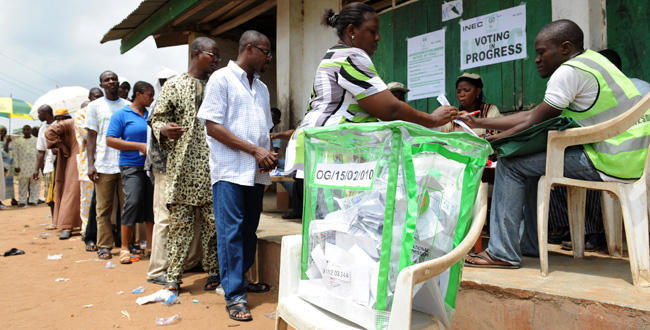
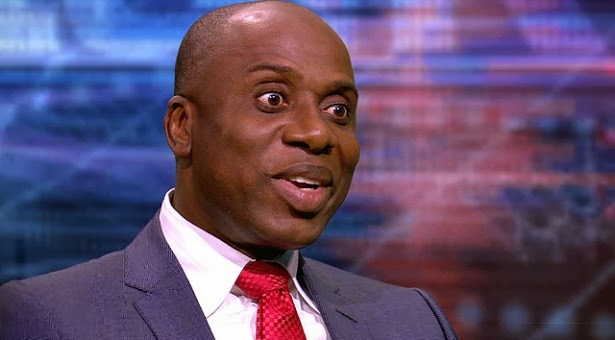
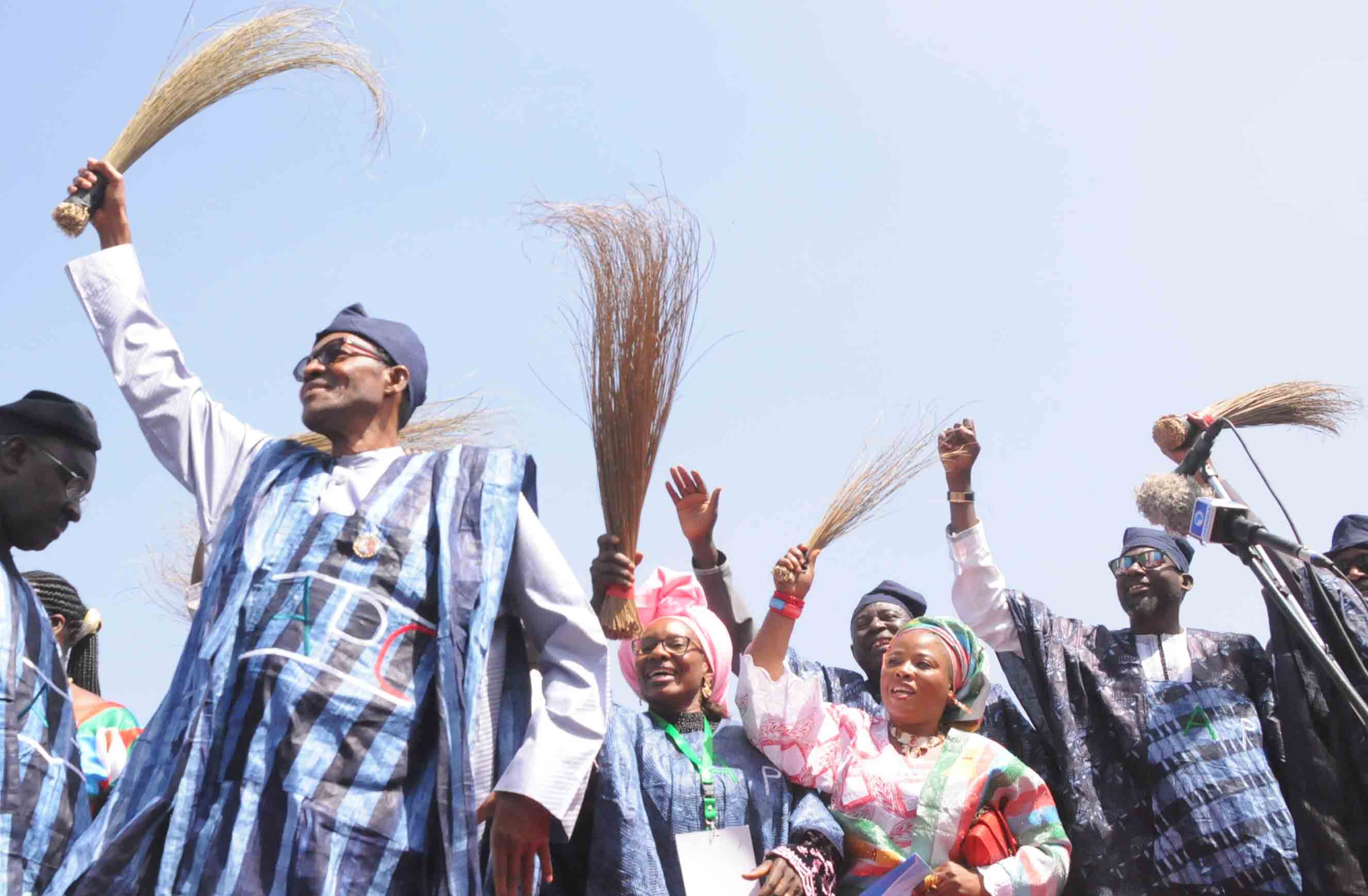
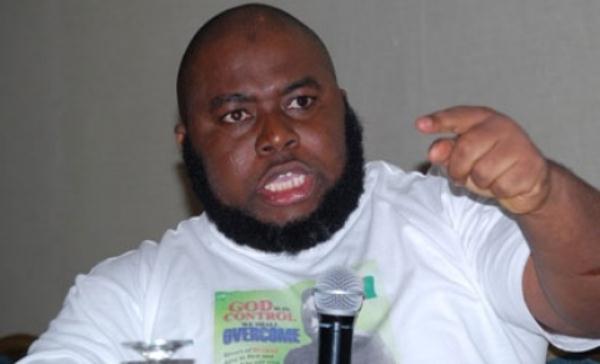
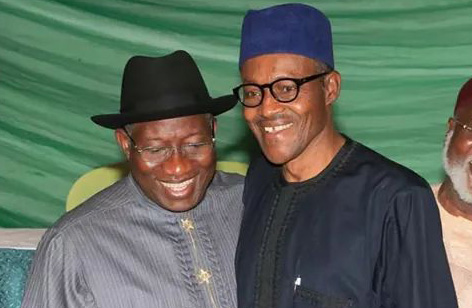

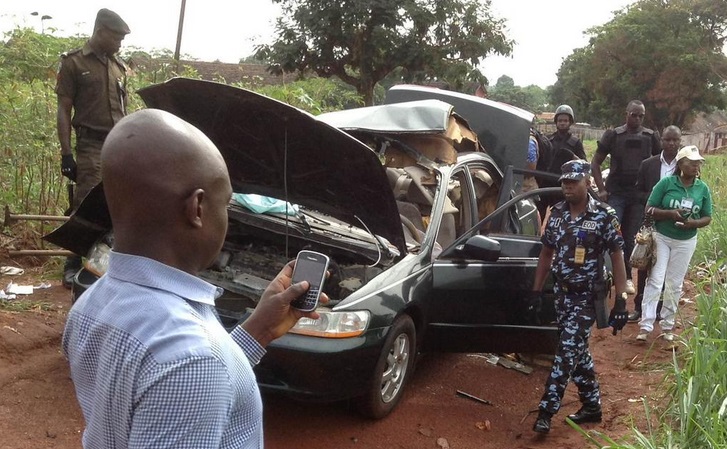
Let the South complete 8 years, the NORTH will from 2019 enjoy an,uninterrupted 8 years. This will ensure FAIRNESS & STABILITY of Nigeria.
It’s not about ‘turn by turn’ but performance. Let the best candidate win, irrespective of which divide of the nation he comes from.